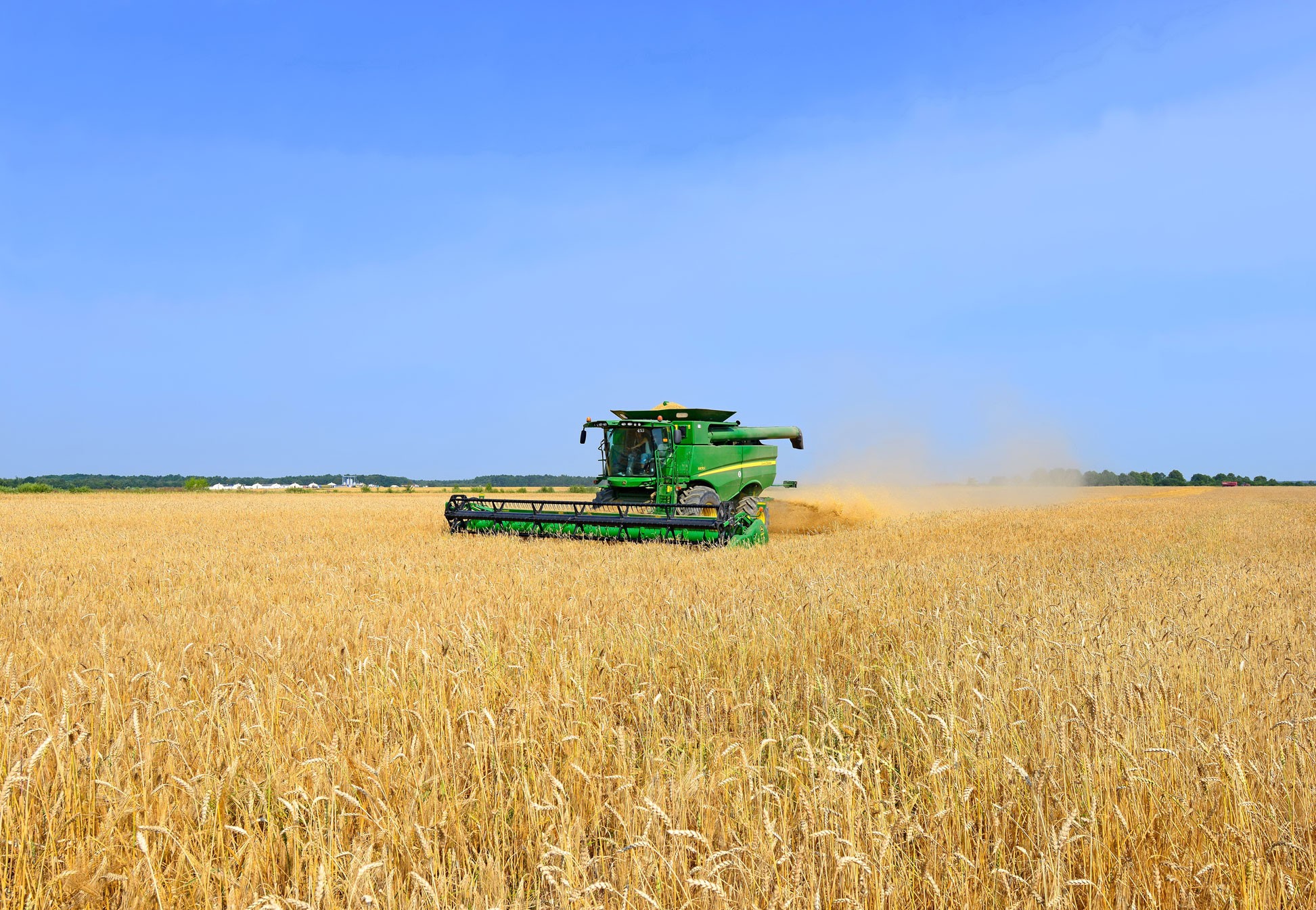Two successful blockchain pilots have been completed in Australia’s grain industry, which show that the technology can eliminate counterparty risk and track the provenance of agri produce.
The work was completed by CBH Group, Australia’s largest co-operative and a grain exporter, and AgriDigital, an Australian company which develops blockchain-based solutions for the grain industry and which has developed a cloud-based commodity management system.
The first pilot successfully created tokenised digital title for a commodity in exchange for digital dollar payment. This eliminates the burden of counterparty risk and payment security that traditionally faces farmers.
Via AgriDigital’s platform, digital title to a delivery of oats was generated and held in the farmer’s digital wallet. Seven days later, settlement between the farmer and buyer occurred in an atomic transaction. For the period up until payment, the farmer had clear ownership of the digital title token that represented the physical grain delivery and therefore the security over the asset.
The pilot was then extended to track the provenance of organic oats from the farm through the supply chain, including through the processing and packaging of those oats to ensure that their organic status was maintained through to the retailer.
AgriDigital founder Emma Weston tells GTR that the company will launch a third pilot phase next month and continue development through 2018, with plans to launch a commercial solution on blockchain in 2019. Its cloud-based commodity management platform was launched in August and has been adopted by grain growers, buyers and bulk handlers in Australia and overseas.
Commodity supply chains, with the inherent risk of duplication of stocks and financing, counterfeiting, corruption and unfair trade is viewed as one of the areas for blockchain to take early root. It can also bring efficiency to an industry which often works in archaic fashion.
“Using consensus mechanisms such as Raft, with 50 millisecond block times, means payments can be processed in real-time, a significant improvement to the delay experienced with traditional banking transfers,” Weston says.
She adds: “Blockchain has enormous potential for all participants along the agri supply chain. Creating digital title and matching it to payment in an atomic transaction is significant for farmers and indeed all sellers – they retain ownership over their asset up until the moment they receive payment from the buyer, which eliminates counterparty risk. Additionally, the data collected and stored along the blockchain gives clear visibility over commodity ownership, thereby improving security over the asset.”
A number of other companies have been actively working in this space, with similar ambitions. The Seam, a US commodities trading and agribusiness software provider, this year launched a blockchain consortium for the global cotton industry. Working with IBM, it intends to build a blockchain-based trading ecosystem on Hyperledger Fabric.
Another US company, Skuchain, is working with avocado farmers to ensure the provenance of their organic crop, using blockchain.







